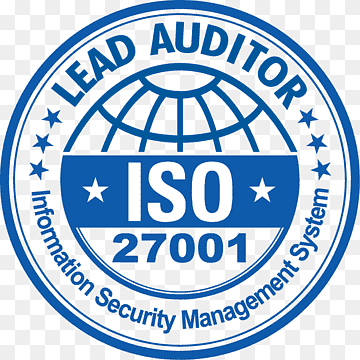Quality Assurance Specialist
In the dynamic and competitive landscape of today’s industries, ensuring the quality of products and services is paramount. This article delves into the role of a Quality Assurance Specialist, shedding light on their responsibilities, the importance of quality assurance, and the evolving trends in this field.
Defining Quality Assurance (QA)
Quality Assurance is a systematic process that ensures products and services meet specified standards and fulfill customer expectations. It involves planning, executing, and managing quality control processes throughout the development lifecycle.
The Role of a Quality Assurance Specialist
A Quality Assurance Specialist plays a pivotal role in guaranteeing that products and services adhere to defined quality standards. They act as guardians of quality, working diligently to identify and rectify defects before a product reaches the end-user.
Key Responsibilities
- Conducting thorough product testing to identify defects and areas for improvement.
- Developing and implementing quality control processes.
- Collaborating with cross-functional teams to understand project requirements.
- Creating and executing test plans, test cases, and test scripts.
- Analyzing and reporting test results to stakeholders.
- Ensuring compliance with industry-specific quality standards.
Importance of QA in Various Industries
Quality Assurance is integral across diverse industries such as software development, manufacturing, healthcare, and more. It helps build customer trust, enhances brand reputation, and reduces the risk of costly recalls or product failures.
Skills Required for a Quality Assurance Specialist
- Attention to detail: A QA Specialist must meticulously examine products and processes for any deviations from quality standards.
- Analytical skills: The ability to analyze data, identify patterns, and draw meaningful insights is crucial.
- Communication skills: Effectively communicating test results and collaborating with diverse teams is vital.
- Technical proficiency: Familiarity with testing tools, technologies, and the development environment is essential.
The QA Process
The QA process involves several stages, including:
- Requirement Analysis: Understanding project requirements and defining testing objectives.
- Test Planning: Developing a comprehensive test plan outlining testing scope, resources, and schedule.
- Test Execution: Implementing test cases, conducting tests, and recording results.
- Defect Reporting: Identifying and documenting defects, communicating issues to the development team.
- Regression Testing: Ensuring that new changes do not negatively impact existing functionalities.
- Release and Deployment: Approving the release of a product or service based on quality assessments.
Tools and Technologies in QA
QA Specialists leverage a range of tools and technologies, including automated testing tools, performance testing tools, and version control systems. These tools enhance efficiency, accuracy, and the overall effectiveness of the QA process.
Challenges in Quality Assurance
Challenges in QA include tight project timelines, evolving project requirements, and the need to stay abreast of technological advancements. Overcoming these challenges requires adaptability, effective communication, and continuous learning.
The Evolving Landscape of QA
As technology evolves, QA practices must also adapt. The integration of Artificial Intelligence (AI) and Machine Learning (ML) in testing processes is becoming increasingly prevalent, automating repetitive tasks and improving testing accuracy.
Future Trends in Quality Assurance
The future of QA is poised for exciting developments, including increased adoption of AI and ML, greater emphasis on shift-left testing, and the integration of DevOps practices to enhance collaboration between development and operations teams.
Conclusion
In a world where quality is synonymous with success, Quality Assurance Specialists play a vital role in ensuring that organizations deliver products and services that meet or exceed customer expectations. Their meticulous efforts contribute to building trust, loyalty, and sustainable business growth.
FAQs About Quality Assurance
1) What qualifications are required to become a Quality Assurance Specialist?
Qualifications typically include a degree in a relevant field, such as computer science or engineering, and certifications in quality assurance.
2) Is automated testing replacing manual testing in QA?
While automated testing is on the rise, manual testing remains essential for certain scenarios, and a combination of both is often used for comprehensive testing.
3) What industries commonly employ Quality Assurance Specialists?
QA Specialists are employed across various industries, including software development, manufacturing, healthcare, finance, and telecommunications.
4) How does QA contribute to customer satisfaction?
QA ensures that products and services meet or exceed quality standards, leading to a positive customer experience and satisfaction.
5) What are the key trends shaping the future of Quality Assurance?
Key trends include the increased use of AI and ML, shift-left testing, and the integration of DevOps practices for seamless collaboration.









